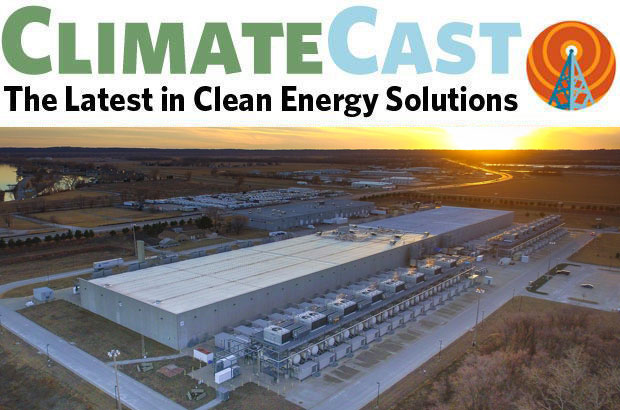Low-income families (and everyone else) stand to benefit from clean buildings transition
A new study quantifies the health and economic benefits households gain when exchanging fossil-fuel and older electric appliances with far more efficient models that use heat pump technology, including HVAC systems and water heaters. The report from the American Council for an Energy-Efficient Economy finds that the broad societal benefits of helping lower income people electrify their homes are staggering: “Savings would add up to $2 trillion from now to 2050 because of the avoided social and health costs of burning fossil fuels.”
Climate Solutions and Synapse Energy Economics have published new research on how gas utilities can best plan and prepare for a smooth transition to a clean energy future, in which fossil fuel power is largely replaced with renewable energy. The new report, focusing on Washington’s largest gas utility, Puget Sound Energy, concludes that only a managed and timely transition can protect low-income ratepayers from exposure to economic risks.
Amazon backs away from plan to keep Oregon data centers running on fossil fuels
Amazon has withdrawn a proposal to run its Oregon data centers partly on fossil gas-powered fuel cells. With Amazon committed to reducing emissions companywide, the latest move signals hope that these massive data centers will eventually run on renewable power, as some Amazon facilities already do.
Data centers account for three percent of the world’s electricity demand, a percentage expected to grow significantly, according to an industry analysis underlining the importance of shifting this energy usage to zero-carbon sources.
A new crop of international heads of state may be expected to take climate seriously
At a time when right-wing political movements are on the rise in Europe, Latin America and elsewhere, climate advocates are celebrating new election results that elevated candidates with a record of advocacy for clean energy transition. Mexico’s new President-elect Claudia Scheinbaum has impeccable climate credentials: she is a climate scientist focused on the practicalities of transitioning various heavy industries to clean energy, and has contributed to reports from the Intergovernmental Panel on Climate Change (IPCC). She has pledged to invest nearly $14 billion in clean energy, and to boost vehicle electrification. On the other hand, she shares with her predecessor Andrés Manuel López Obrador a strong view that any energy transition should be led in part by the state-owned oil company PEMEX, which one critical analyst simply called “a contradiction.” The newsletter Heated has a helpful rundown of Scheinbaum’s actual record on energy policy matters.
The new President of Iceland—a largely ceremonial role—is Halla Tómasdóttir, a businesswoman and chief executive of The B Team, a global nonprofit working “to promote business practices focused on humanity and the climate.” Two years ago she delivered a Ted Talk called Use Your Voice, Vote and Wallet for Climate Action; Reuters included her on a recent list of “trailblazing women in climate 2024.”
And speaking of international climate leadership, the Washington, DC-based think tank Center for American Progress this week described three international climate and clean energy policies it believes are crucial for the U.S. administration to pursue: “(1) Fulfill its international finance promises and commit to a robust new climate fiance goal; (2) Reorient the global trade system to achieve climate goals; and (3) Set the United States on course for ambitious domestic emissions reductions.”
What we’re listening to:
Produced by Seattle-based climate journalist David Roberts, the Volts podcast provides a steady stream of deeply informed, unapologetically wonky dives into practical issues for the clean energy transition. The latest episode, for example, problematizes the idea that markets alone are on course to make wind and solar power cheaper than fossil fuels. Volts’ next episode is expected to feature a new interview with Washington Governor Jay Inslee, recorded live at Seattle’s Royal Room this week. Bookmark the site and tune in, or follow Volts wherever you listen to podcasts.





